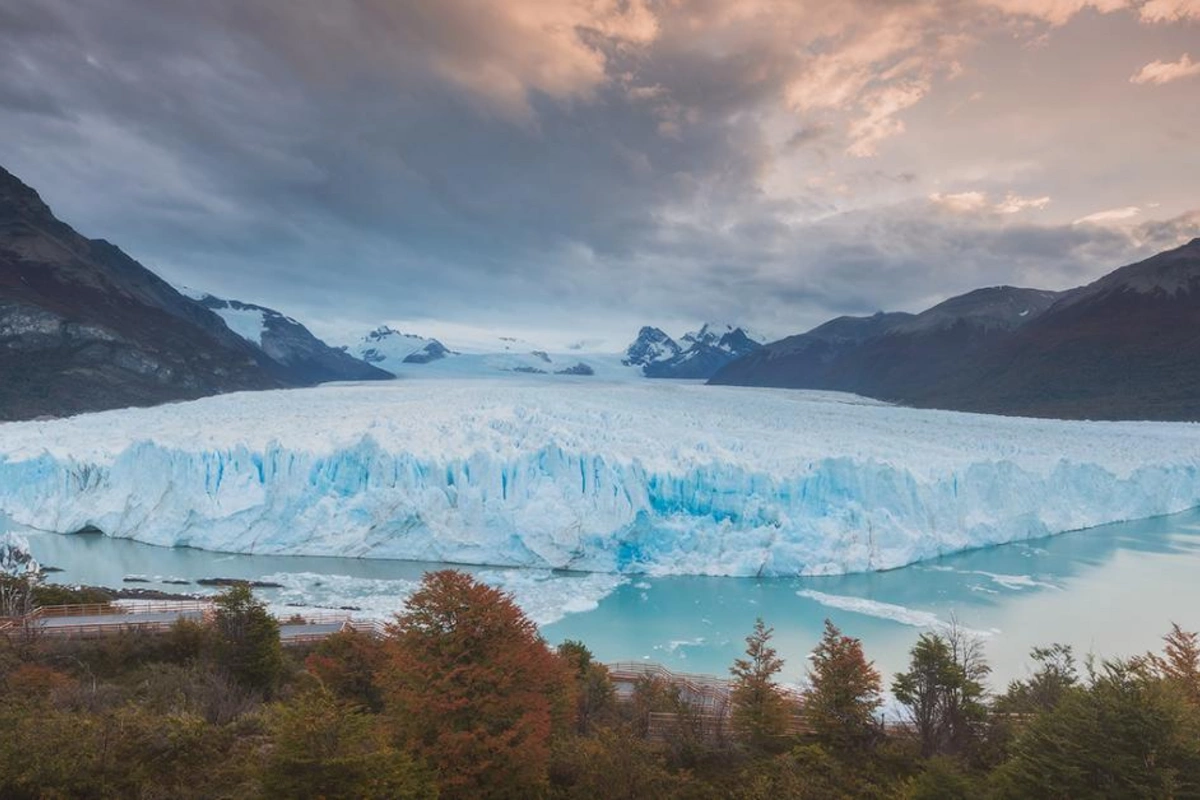
Following a resolution adopted by the UN General Assembly on Tajikistan's initiative in 2022, the year 2025 has been declared the International Year of Glacier Conservation, according to the UN, The Caspian Post reports citing Akipress.
The melting of glaciers has become a serious worldwide problem. Over the past 20 years, glaciers in the Western Tien Shan - in Kazakhstan, Kyrgyzstan and Uzbekistan - have shrunk by 27%. Antarctica is losing an average of 150 billion tonnes of ice mass each year. The Greenland ice cap is melting even faster, losing 270 billion tonnes annually.
By 2050, despite efforts to limit temperature rise, glaciers will disappear from a third of UNESCO's 50 World Heritage sites. They currently lose 58 billion tonnes of ice each year, equivalent to the combined annual water consumption of France and Spain. Their melting is responsible for nearly 5% of global sea level rise.
Nearly two billion people - one in four people on Earth - live in areas that depend on glaciers and seasonal snowmelt for their water supply, agriculture, and hydropower.
To date, out of 14,000 glaciers in Tajikistan, which are the main source of drinking water in the region, more than 1,000 have completely melted, and the rate of their melting is increasing. Precipitation and glaciers in Tajikistan make up 60% of the source of water resources in Central Asia.
The International Year of Glaciers aims to raise awareness of the importance of glaciers and the need to protect them for future generations. A conference dedicated to this issue will be held in Tajikistan in 2025.
Most Central Asian countries have decided on their main themes for the year: 2025 has been declared the Year of Environmental Protection and Green Economy in Uzbekistan; the Year of Manual Labor Professions in Kazakhstan; and the International Year of Peace and Trust in Turkmenistan.
Share on social media
